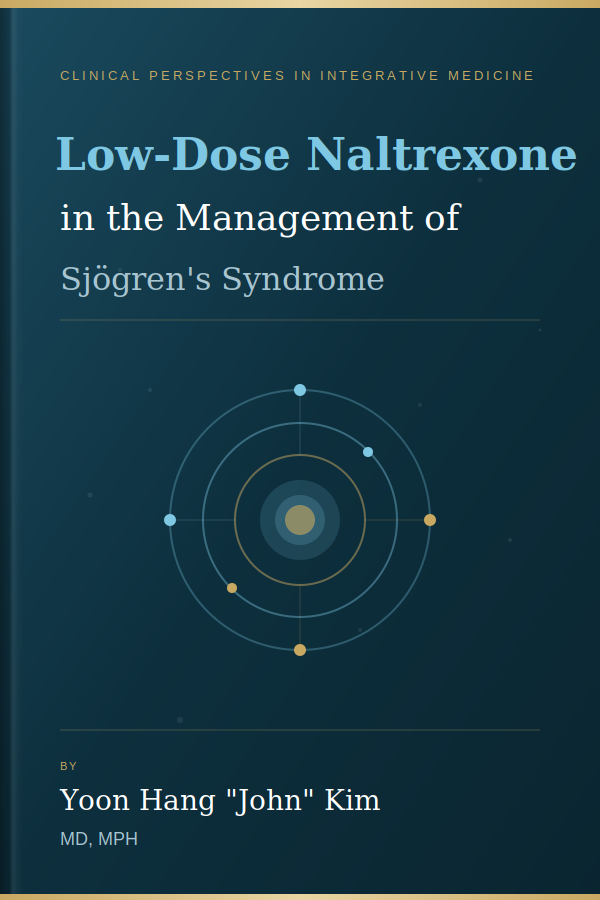Integrative Oncology Mind-Body Medicine Dr. Spiegel
- John Kim

- Jul 3, 2025
- 2 min read
Dr. David Spiegel, a Stanford University psychiatrist, is widely known for his pioneering research on the psychosocial support of cancer patients, particularly women with advanced breast cancer.
🔬 Key Research: Supportive-Expressive Group Therapy (SEGT)
In the 1989 landmark study published in The Lancet, Spiegel and colleagues demonstrated that women with metastatic breast cancer who participated in weekly support groups lived significantly longer and experienced improved quality of life compared to those who received standard care alone.
Study Highlights:
Women in the support group lived an average of 18 months longer than controls.
Benefits included:
Reduced anxiety and depression
Improved coping mechanisms
Greater emotional expression and social connection
Enhanced sense of control and meaning in life despite a terminal diagnosis
🧠 What Is Supportive-Expressive Group Therapy?
SEGT focuses on:
Emotional Expression – Encouraging patients to openly discuss fears, anger, grief, and existential concerns.
Social Support – Building a safe, trusting group dynamic among women facing similar struggles.
Coping Skills – Teaching techniques for managing pain, stress, and medical treatment.
Existential Meaning – Addressing spiritual, identity, and life-purpose questions in the face of mortality.
Improved Communication – Helping patients interact more effectively with family, friends, and medical providers.
📚 Spiegel’s Broader Work
Mind-body connection: Spiegel emphasizes how psychological resilience, emotional regulation, and social support can influence the course of illness.
Hypnosis and health: He’s also a leading expert on medical hypnosis, using it to manage pain, anxiety, and even side effects like hot flashes in cancer survivors.
Books include:
Living Beyond Limits (1993) – Describes how emotions and support affect cancer outcomes
Trance and Treatment – On therapeutic uses of hypnosis
🧬 Legacy and Clinical Impact
Dr. Spiegel’s work revolutionized how clinicians view psychosocial oncology. He demonstrated that emotional support is not a luxury, but a potentially life-extending intervention. His research helped legitimize support groups as essential care, not just optional add-ons.
Today, his findings are foundational in integrative cancer care, leading to widespread adoption of support groups in oncology centers worldwide.


Comments